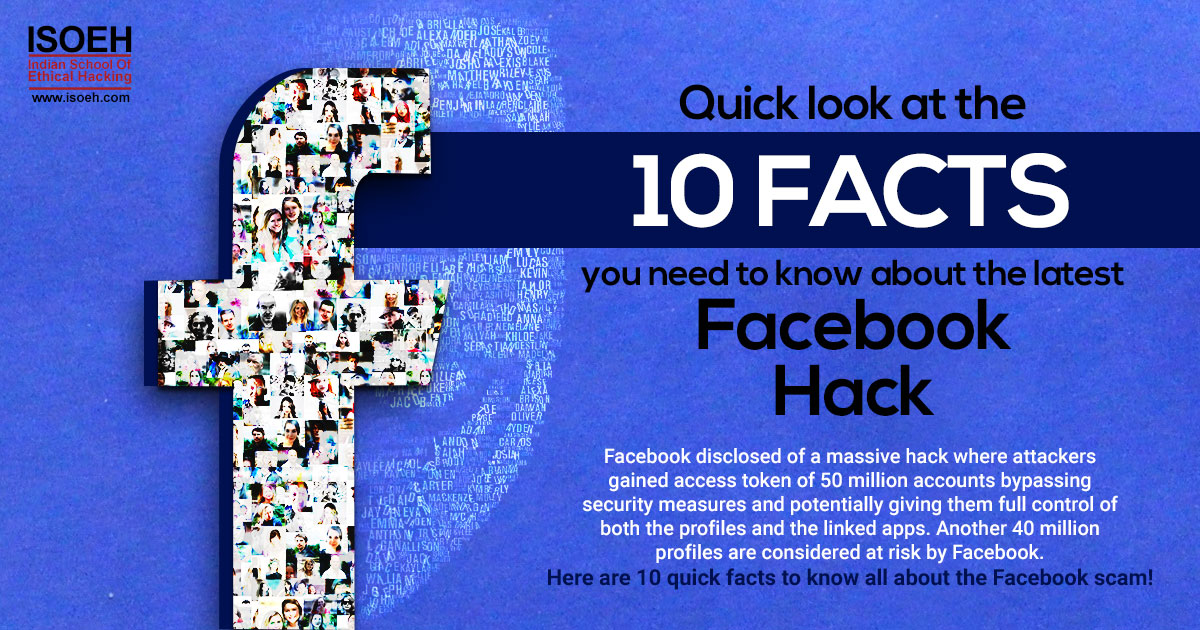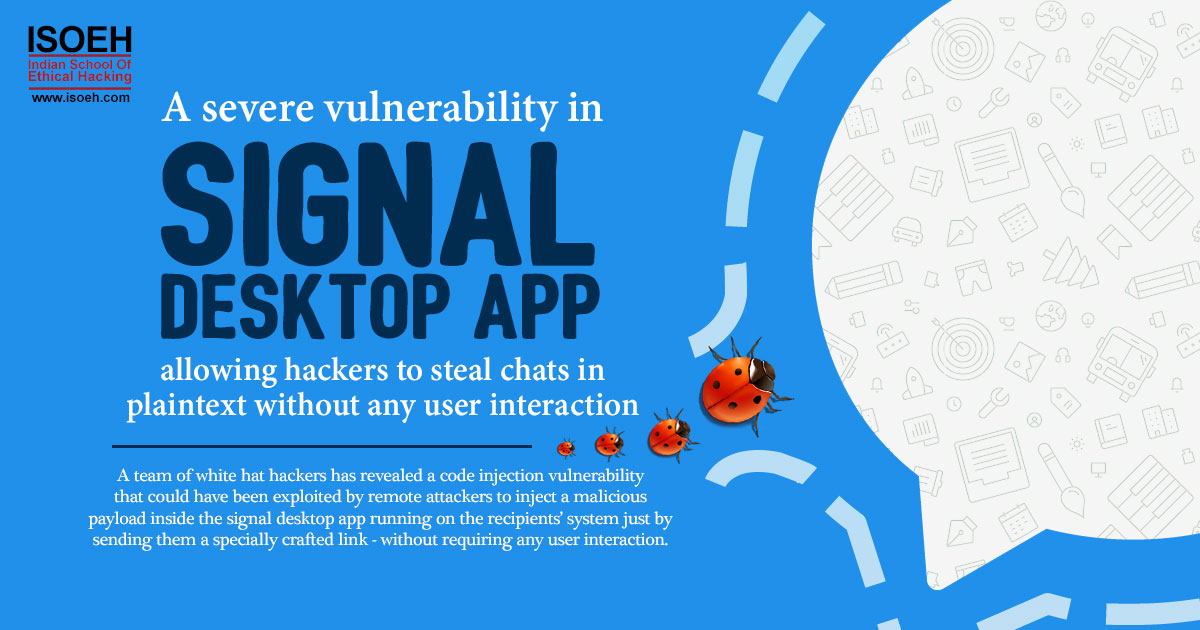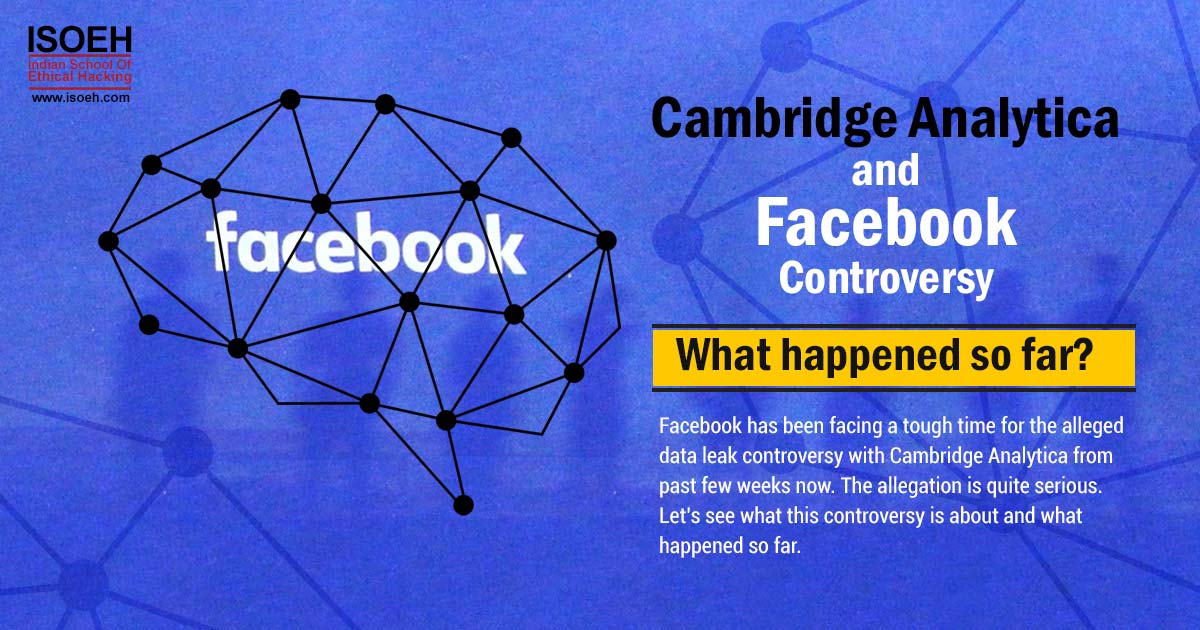
Introduction
In today's world of technology and in every aspect, the term "third party" has become increasingly relevant. A third party is an independent entity that is not directly involved in a transaction between two primary parties. Third-party services have become a vital component of modern business operation and also in terms of technological area, offering unique and specialized solutions to meet various needs. They can provide everything from payment processing and logistics to customer support and data analysis.
The rise of third-party services has transformed the way businesses operate, allowing them to focus on their core competencies while leveraging the expertise of others.
Benefits of Third-Party Services
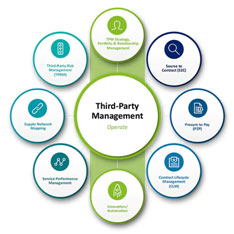 Third-party services offer many benefits to businesses of all sizes. One of the most significant advantages is increased efficiency. By outsourcing non-core activities to third parties, companies can free up time and resources to focus on what they do best. For example, a small online retailer can use a third-party logistics provider to handle their shipping and handling, allowing them to focus on marketing and product development. This not only saves time and money but also improves overall productivity.
Third-party services offer many benefits to businesses of all sizes. One of the most significant advantages is increased efficiency. By outsourcing non-core activities to third parties, companies can free up time and resources to focus on what they do best. For example, a small online retailer can use a third-party logistics provider to handle their shipping and handling, allowing them to focus on marketing and product development. This not only saves time and money but also improves overall productivity.
Another benefit of third-party services is increased flexibility. Businesses can choose the services they need, when they need them, and only pay for what they use. This allows companies to scale their operations up or down quickly in response to changing market conditions or customer demand. For example, a startup software company can use third-party cloud services to scale their infrastructure as needed, without the need for costly in-house hardware.
Third-party services also offer businesses access to specialized expertise and technology. Many third-party providers offer services that would be difficult or expensive to build in-house. For example, a healthcare provider can use third-party data analytics to improve patient outcomes, without the need for a dedicated analytics team. This allows companies to stay competitive by leveraging the latest technologies and innovations.
Third-party services have become a vital component in technology for several reasons.
- Firstly, the rapid pace of technological innovation means that it can be difficult and costly for businesses to keep up with the latest developments in-house.
- Secondly, the complexity of modern technology means that it is often more efficient and cost-effective to outsource certain activities to specialized third-party providers.
- Thirdly, the interconnected nature of modern technology means that businesses often require multiple services and platforms to operate effectively. Third-party providers offer a wide range of services and integrations, allowing businesses to choose the solutions that best meet their needs and integrate them seamlessly into their existing systems.
Top Third-Party Services in 2023
- Wilio - a cloud communications platform that enables businesses to communicate with their customers through voice, video, and messaging.
 Stripe - an online payment processing platform that allows businesses to accept payments through their websites or mobile applications.
Stripe - an online payment processing platform that allows businesses to accept payments through their websites or mobile applications.- Amazon Web Services (AWS) - a cloud computing platform that provides businesses with a wide range of infrastructure services, such as computing power, storage, and databases.
- Salesforce - a customer relationship management (CRM) platform that helps businesses manage their sales, marketing, and customer service activities.
- Microsoft Azure - a cloud computing platform that provides businesses with a wide range of infrastructure services, such as computing power, storage, and databases.
- GitHub - a web-based platform that allows software developers to collaborate on code and manage software projects.
- Mailchimp - an email marketing platform that allows businesses to create, send, and track email campaigns.
Threats in Third-Party Services
There are several potential threats associated with third-party services, which businesses and individuals should be aware of:
- Data breaches: If a third-party service provider's security is compromised, it could result in the loss of sensitive data, such as personal information, financial data, or intellectual property.
- Service interruptions: Third-party services may experience downtime or service disruptions, which can result in lost productivity, revenue, and damage to a business's reputation.
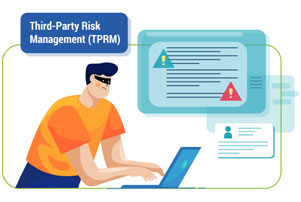 Dependency risk: A business may become overly reliant on a third-party service, which can make it difficult to switch to another provider if needed.
Dependency risk: A business may become overly reliant on a third-party service, which can make it difficult to switch to another provider if needed.- Compliance and regulatory issues: Third-party service providers may not comply with relevant regulations or laws, which can result in legal and financial penalties for the business that uses their services.
- Vendor lock-in: Some third-party services may make it difficult for businesses to migrate to other providers or platforms, resulting in higher costs or limited flexibility.
- Contractual issues: If the terms of a service level agreement (SLA) are not clearly defined or enforced, a business may not receive the expected level of service or compensation for service disruptions or breaches.
Conclusion
As businesses increasingly rely on third-party services to streamline operations, reduce costs, and enhance customer experiences, they also expose themselves to a range of potential risks and threats. From data breaches to service interruptions, vendor lock-in, and compliance issues, the dangers associated with third-party exposure are significant and cannot be ignored.
In 2023 and beyond, businesses must remain vigilant and stay abreast of emerging threats and best practices in third-party risk management.
If you want to mitigate these threats, you should perform due diligence on third-party service providers before engaging them, including conducting a security and risk assessment, verifying compliance with relevant regulations and laws, and negotiating clear SLAs and contracts. Ongoing monitoring and auditing of third-party services are also critical to ensure that they continue to meet the business's needs and security requirements.
Hacking Tools
Explore All Hacking Tools »
UFTP is an encrypted multicast file transfer program for secure, reliable & efficient transfer of files. It also helps in data distribution over a satellite link.
Read DetailsBreaking News
Breaking News Of Each Month »
The recent pandemic was unexpected and unknown to most part of the world. It has changed our life and we are slowly adapting to our new lifestyle. The risks associated with the new lifestyle, both personal & corporate, are unknown to most of us.
Read Details





